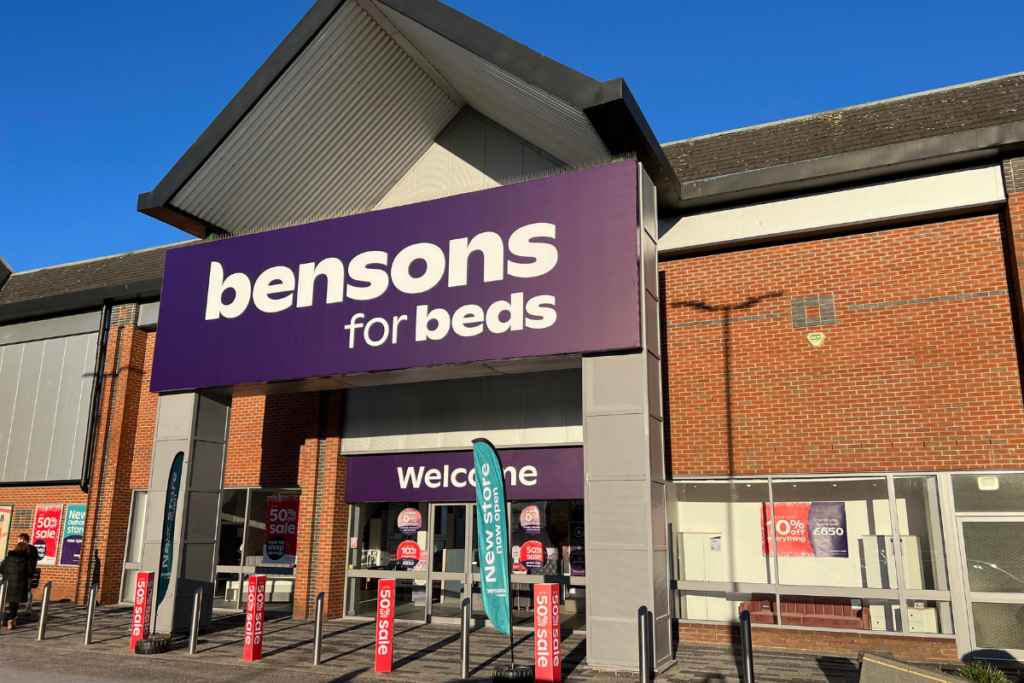The issue of diversity in retail has made some progress over the last five years, yet there is still a long road ahead before any claims of true equality can be made.
According to the recent McGregor-Smith review of race in the workplace, black, Asian and minority ethnic (BAME) candidates still face barriers that white candidates do not.
Despite making up roughly one in eight of the working age population, ethnic minorities make up only one in 10 of the UK‘s workforce while holding only six per cent of management positions.
This is also seen in the employment rate disparity, with ethnic minorities seeing an employment rate over 12 per cent less than white workers.
“Most of the focus of inclusion initiatives in recent years has been on gender, often at the expense of a more holistic approach, leaving race as a lower priority,” said diversity specialist Stephen Frost, who has advised organisations like including the British government, the White House and the BBC.
“In fact, the scarcity of data on BAME talents in retail management goes some way to demonstrate how far down the priorities ethnic diversity is – there is lots of research into BAME spending power, but very little into their influence at boardroom level.
For better or for worse, diversity in the retail sector was thrown back into the spotlight recently, as two major retail figures highlighted the topic.
Tesco faced threats of a boycott after its chairman John Allan said that white men were becoming an “endangered species” in the boardroom.
READ MORE: In-depth: Breaking the glass ceiling in retail
The founder of leadership coaching specialist Mandala Leadership, Nick Bradley, believes this wouldn‘t be all that bad.
“On one hand you could say let‘s hope so. If the status quo is maintained, then proper diversity will not be achieved,” he said.
“It does have to change, how you do that and how quickly you do that is central to the debate.
“We encourage diversity in every level of what we do. And that has to be done within the retailers. Having John Allan‘s quotes, however tongue and cheek that may be been, is unhelpful.
“I think when people look at diversity, or I should say when white men look at diversity, they tend to look at white men and then everybody else.
“If a company has one in five diverse, with one person who is a woman or black or Muslim or gay or whatever it is, then how is that diverse?
“That isn‘t necessarily a proper representation of the country, or in the way I‘d ask retailers to look at it, their customer base. Look at you customers, and how your business reflects your customers.
“The reward is huge. By getting better representation you get better ideas, you get more creative ideas and you get a much better connection with your customer base.”
Bradley points out that despite Tesco‘s pledges to make changes after Allan‘s flippant remarks, they may have missed the opportunity.
“In one sense, the whole process of recruitment is a process of discrimination.”
“There was a real opportunity here for Tesco with Trevor Masters leaving,” he said.
“A real opportunity to say ‘no, we are going to look at it in the right way and introduce diversity to our board’ and then you look at his replacements, two existing white males, including chief executive officer for Tesco Asia
RELATED STORIES


















